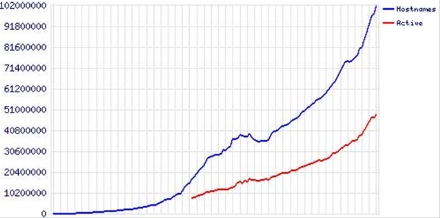This one is a brief summary of what in my opinion are the best firefox extensions for Web development. But careful, it’s not a closed Top Ten there are still several extensions that we can keep for another moment.
CodeTech
A magnificent HTML editor, has three views: Code, WYSIWYG and a Firefox preview. Also it allows you to open theses previews in other browsers, has a file bar to surf easily between directories. It has an embed JavaScript console. Facilitates the code validation according to the W3C and has an advanced panel of search/replacement/result. For those who use Dreamweaver, this extension turns out to be very familiar. Download.
DevBoi
DevBoi offers a quick lateral access to documentation and manuals about XHTML, CSS, JavaScript, PHP, Ruby on Rails and others. Obviously it requires an Internet connection. Between the information it provides, for example in CSS indicates you the support of every attribute in multiples browsers IE5 Mac, IE 5, IE 5.5, IE 6, Mozilla, Opera 5, Opera 6, Opera 7, Konqueror 2.2, Safari 1. It is configurable. Download.
Continue reading →


